Kelly Reichardt Is One of the Best Filmmakers in America, and We Don’t Appreciate Her Enough — NYFF
With “Certain Women,” Reichardt explores the stories of lonely characters on her own terms. It’s not the first time she has pulled that off.
Kelly Reichardt’s films capture a sense of American identity that has lost its way. It began with her debut, “River of Grass” (1994, and newly restored last year), and continues all the way through “Certain Women,” which opens this month. “These characters are all trying to acquire something,” Reichardt said when we spoke at the Sundance Film Festival, where “Certain Women” premiered. “They all want something.”
But for Reichardt’s characters, fulfillment is always just beyond reach.
In “River of Grass,” a young man (Larry Fessenden) crashing at his grandmother’s house ignores the alarm clock in a mostly barren room, adorned only with a tattered American flag. Later, he hits the road with a bored housewife (Lisa Bowman), on the lam for a murder they didn’t commit, pursuing the romanticism of an escape.
At the end of her long-delayed second feature, 2006’s “Old Joy,” Kurt (Will Oldham) is confused and frustrated as he wanders city streets, out of sync with his urban surroundings. Michelle Williams finds herself in a similar mindset during 2008’s “Wendy and Lucy,” where her character spends the whole movie searching for her missing dog in a quiet Oregon country town. The wandering settlers on the Oregon Trail in Reichardt’s ambitious period drama, “Meek’s Cutoff” (2010) are perpetually adrift on a road to nowhere, while the wayward eco-activists in “Night Moves”(2013), played by Jesse Eisenberg, Dakota Fanning, and Peter Sarsgaard, quietly contemplate their decision to bomb a dam as the noise of the explosion echoes miles behind them.
And now with “Certain Women,” an adaptation of Maile Meloy short stories, a bored lawyer (Kristen Stewart) teaching adult education classes and a lonely ranch hand (Lily Gladstone) attempt to find some modicum of companionship at the crummy local diner. (It doesn’t go so well.)

“Certain Women”
IFC Films
Reichardt’s movies are a mesmerizing statement on the solitude of everyday life for working-class people who want something better. They’re trapped between a mythology of greatness and the personal limitations that govern their drab realities. By attending to atmosphere and attitude as much as plot, Reichardt has quietly become one of the country’s best chroniclers of the American experience, but audiences don’t appreciate the clarity of her vision nearly enough. This has been a challenge since the outset of Reichardt’s career. Her lonely anti-hero in “River of Grass” puts it best: “It’s funny how a person can leave everything she knew behind and still wind up in a familiar place.”
Reichardt’s bumpy road after “River of Grass” has been well documented. After the movie’s strong reception at Sundance, she grew frustrated with the sexism of the film industry and infuriated by the challenges in trying to get another project off the ground. She settled into teaching film production (she’s currently an artist in residence in film and electronic arts at Bard College). More than a decade later, she effectively relaunched her career with “Old Joy,” a critically acclaimed character study that captured the alienation of liberal America in the age of George W. Bush. It was one of the great comebacks in American filmmaking, even as she continued to struggle with making movies on her terms.
READ MORE: Kristen Stewart On Her Acting Process: There’s One Thing She’ll Never Do
Neither “Wendy and Lucy” nor “Meek’s Cutoff” made an impact at the box office, and “Night Moves” wound up getting buried by its distributor, grossing only $786,000. “Certain Women” will receive a specialty release by IFC Films. But to hear Reichardt tell it, she’d rather work in an arena of limited distribution possibilities than take a gamble on the bigger commercial industry again.
“A long time ago, I felt like, ‘If you don’t want me, I don’t want you,’” she said, “so I’ve carved my way around it. But I haven’t made a living at it.” She laughed.
Over the years, Reichardt has crashed with friends when not getting by in her small Manhattan apartment. “I’ve carved out my way to be able to make films, which was the goal,” she said.
In person, Reichardt is very much like her movies: reserved, gentle, deliberate in her choices. This extends to her discussion of the more sensitive points in her career, especially the challenges facing women filmmakers that she has encountered for decades.
“I couldn’t point to a woman and say, ‘I’d like to have her career,’” she said, before ticking off a list of male directors who have had an easier time finding creative autonomy. “Linklater can make personal films and make a living, as can Gus Van Sant, Wes Anderson, P.T. Anderson, Todd Haynes, David O. Russell, and I can go on and on and on and name the list of men that can make personal films and make a life doing that.”
She had no patience for executives trying to figure out how to accommodate more women filmmakers along narrow parameters. “It’s like, ‘We wanna back women, but we wanna back women like Kathryn Bigelow,’” she said. “Well, you mean you just want to back Kathryn Bigelow, because who else would you be talking about?”
Certainly not Reichardt, whose movies tend to ebb and flow at a patient rhythm that resists easy categorization. In “Certain Women,” Reichardt opens with a blatantly suspenseful encounter and then recedes from it. A no-nonsense lawyer (Laura Dern) must venture into a darkened office building to talk her client (Jared Harris) out of a hostage situation when he grows frustrated over a weak compensation settlement. The outcome is anti-climactic, much like everything that follows it. The second story finds a married couple attempting to convince an elderly man to sell his stockpile of sandstone for their new home, and they’re stuck between a desire to move forward and sympathy for his need to hold on to the past.
The final drama — between the young lawyer frustrated with her long commute to teach useless adult education classes and the ranch hand whose main companions are animals — revolves around two people looking for little more than the comfort of company. But the payoff of “Certain Women” comes from the magic of its elegant pace and temperament, which bring clarity to people and places rooted in real concerns.
The filmmaker’s delicate style has attracted familiar faces — this is her third collaboration with Williams — but it hasn’t made the production process easy. “When I go to see a new movie and I sit through the previews, I just think, ‘How the fuck do we ever even get our movie made?’” she said. “Where could I fit into the world? So I don’t think it’s a total male-female thing, but I think…” She trailed off. I chimed in: More of an art versus commerce thing? “Yeah.”
She has enablers, including “Certain Women” executive producer Todd Haynes, but there may be no more reliable figure in Reichardt’s professional life than Larry Fessenden. A filmmaker himself (his cult hit, the bohemian vampire drama “Habit,” came out a year after “River of Grass”), Fessenden has used a chunk of his personal inheritance to support Reichardt through the early stages of all her films. “I’ve seen Kelly gain in confidence about what she wants and how to get it,” he said. “Her style is extremely crisp and articulate, and this takes deliberation and care. At the same time, every film presents new challenges and brings with it uncertainties that I know she struggles with.”

Laura Dern in “Certain Women”
IFC Films
Fessenden said Reichardt nearly abandoned “Certain Women” when she felt constrained by the production timeline. “There are phone calls of support that you’d do as a friend anyway,” he said. “I think she is more willing to push the boundaries of her comfort zone with the medium as she matures as a filmmaker.”
Producer Anish Savjani, a regular collaborator since “Meek’s Cutoff,” put Reichardt’s resilience in similar terms. “Kelly has a very distinct vision and an unwavering commitment to seeing it through,” he said. “She’s able to adapt on the fly and add layers without making any compromises.”
Each time, the payoff comes. In “Certain Women,” Fessenden said, “there is that same quiet desperation in her characters that find in the other films: people not quite connecting and feeling left behind by the system.” That yearning owes much to the careful selection of settings, which consumes the bulk of Reichardt’s pre-production process.

“Certain Women” actress Lily Gladstone and director Kelly Reichardt
Daniel Bergeron
With Fessenden’s initial support, Reichardt spent time preparing for “Certain Women” in Montana, Idaho, and Oregon before finally settling on the first option. She spent a lot of time soaking in the vibes of the different places where her stories unfold. “I’d go to the mall and take pictures, see what people are wearing, or just go sit in a coffee shop and see what people were doing,” she said.
That depth of observation often dominates “Certain Women;” like all of Reichardt’s films, it lingers in awkward pauses and characters lost in thought. It’s the same thing that has led some viewers and critics to become restless, complaining about an approach that teeters on the edge of boredom. (“Slightly arid,” asserted The Hollywood Reporter in its “Certain Women” review out of Sundance.) She shrugs off the criticism. “I find the speed of things to be a constant assault,” she said. “So I don’t find the films slow-paced the way they’re always talked about.”
This may help explain why actors pushed into more conventional projects are intrigued by the challenges in Reichardt’s approach. “She looks in between lines where usually people to follow the most obvious ones,” said Kristen Stewart at one Sundance Q&A for “Certain Women.” “She focuses on things that people don’t typically look at.”

“Certain Women”
IFC Films
Reichardt’s films chronicle a modern vision of the country steeped in missed connections and profound desires that are never fully clarified by the people who experience them. Both sad and profoundly beautiful, her filmography evades forced exposition or histrionic confrontations. “People may go to this experience, let’s say, because they recognize the name of an actor something like that,” Reichardt said. “They expect a narrative that corresponds with the sort of things they consume on a regular basis. They would find something different in that respect.” This can lead to a process of discovery as much as rejection. “It’s not necessarily bad for them,” Reichardt said, “but they might be surprised to find this exposition feels like a different concept of a movie. You don’t need to go from point A to point B in quite the same straightforward way.”
That unorthodox trajectory defines Reichardt’s career as well. You won’t find speculative industry reports about her working on various television projects or potential studio deals that might leak out of meetings around town. She simply doesn’t work that way. When Reichardt knows what she wants to do next, she steadily gets to work on it. She shields herself from the glare of the industry, shrinking away when people try to take her picture at public events and almost never agreeing to television interviews.
During our Sundance conversation, she requested that some of her more candid observations about the challenges associated with releasing her films remain off the record; later, she emailed to clarify that she didn’t want to talk about her movies in political terms. Reichardt works intuitively, and hopes people see the results on similar terms. “Too much of that trouble-with-the-world talk,” she wrote, “distracts from what I think these stories are getting at.”
“Certain Women” screens at NYFF on October 3 and October 4. IFC Films releases it on October 14.

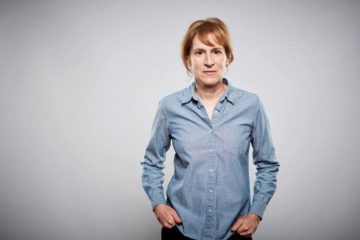
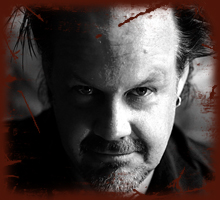

















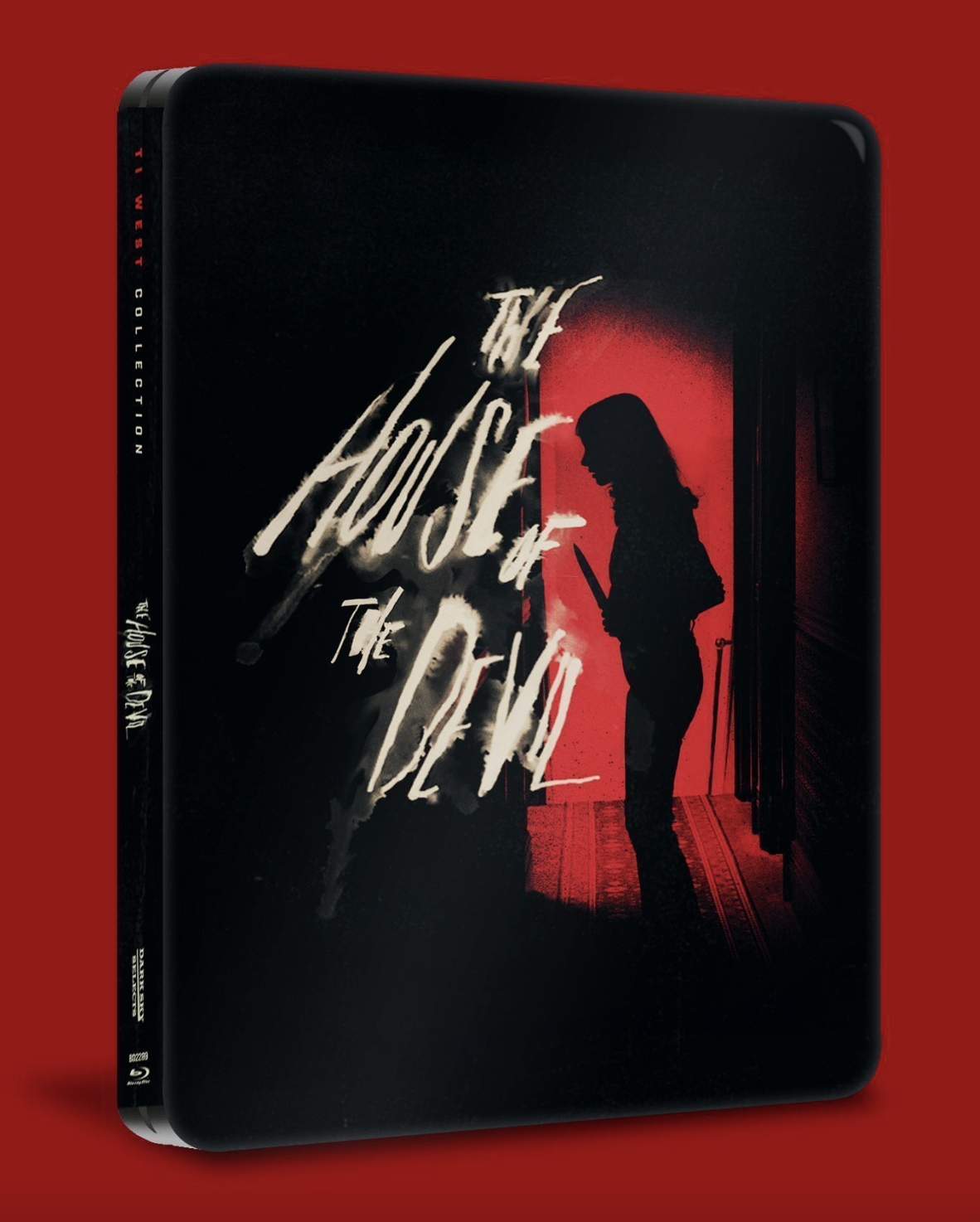
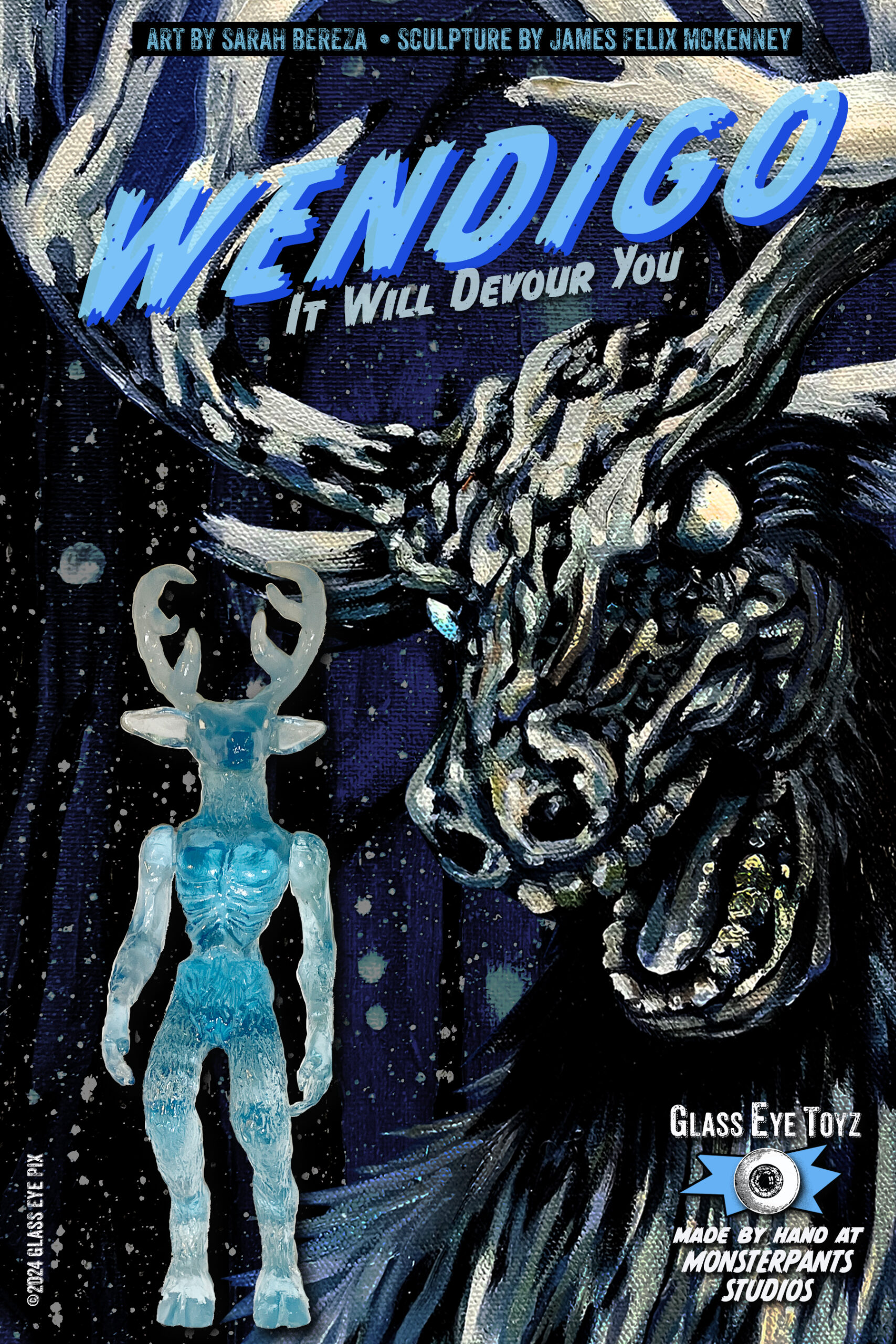
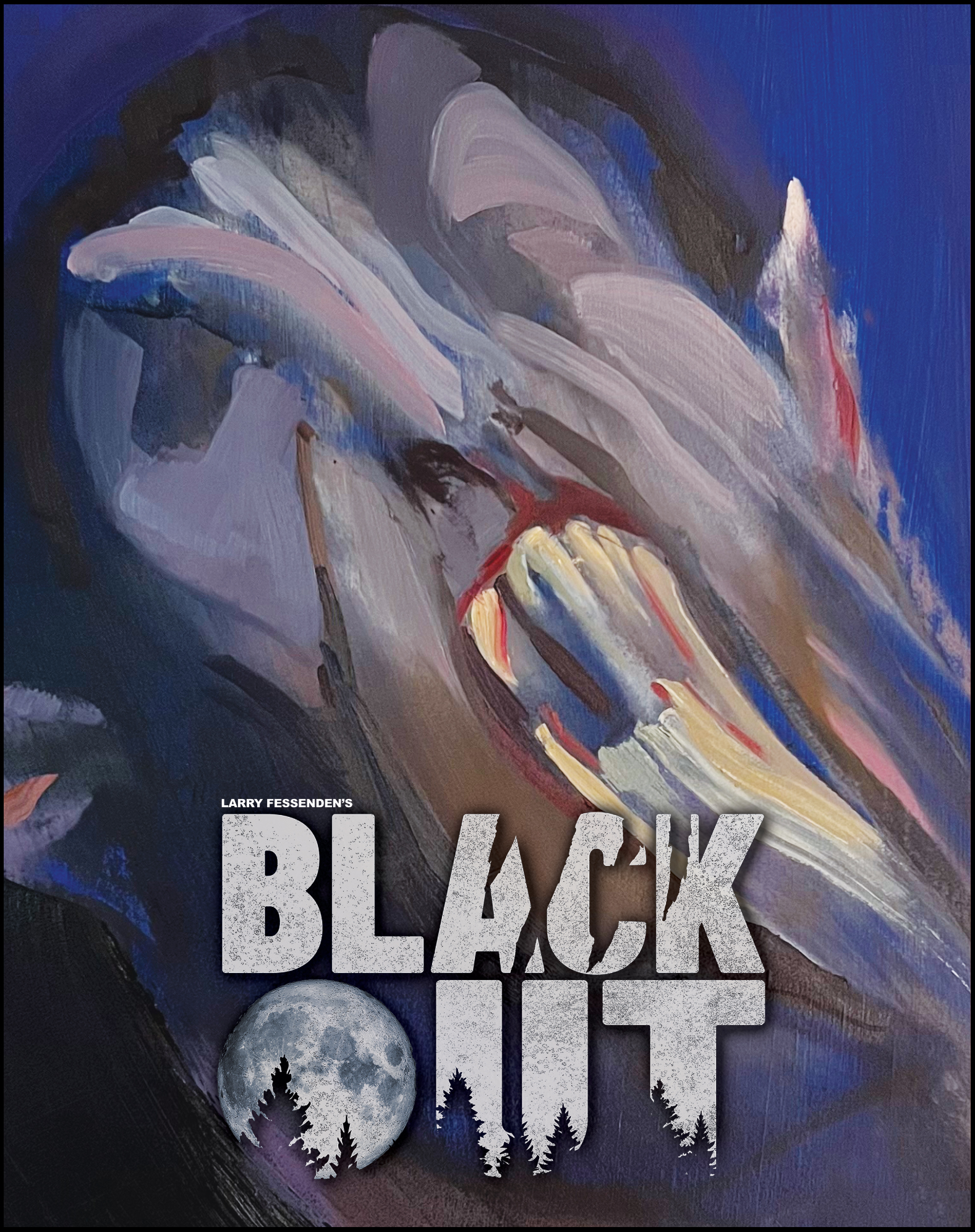

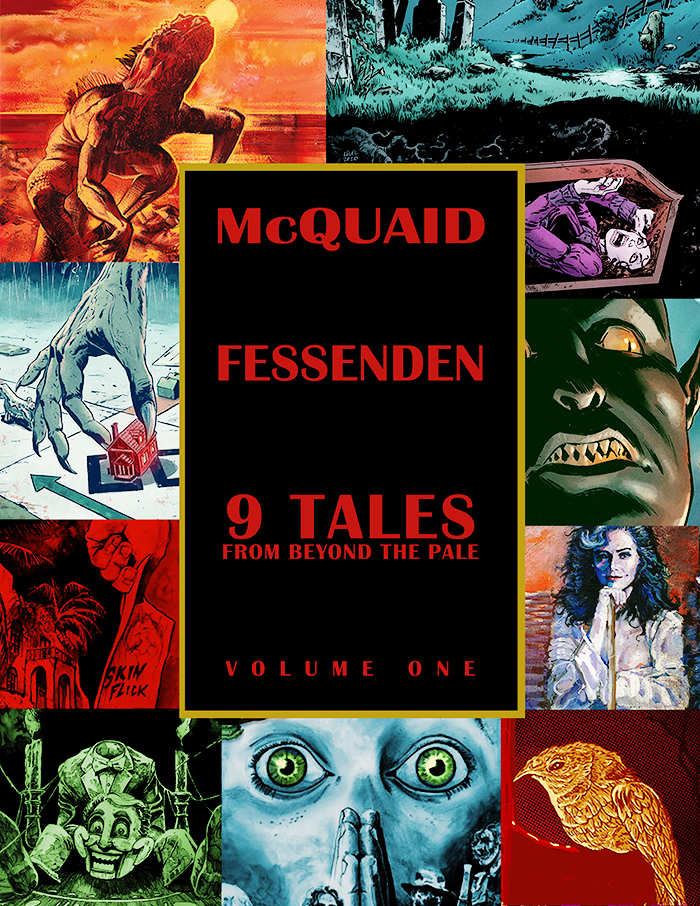
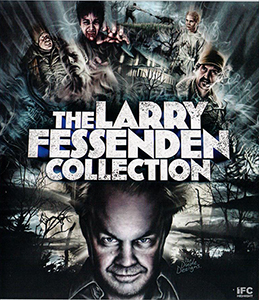
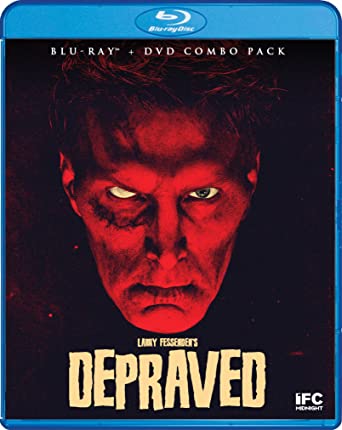





Add a comment